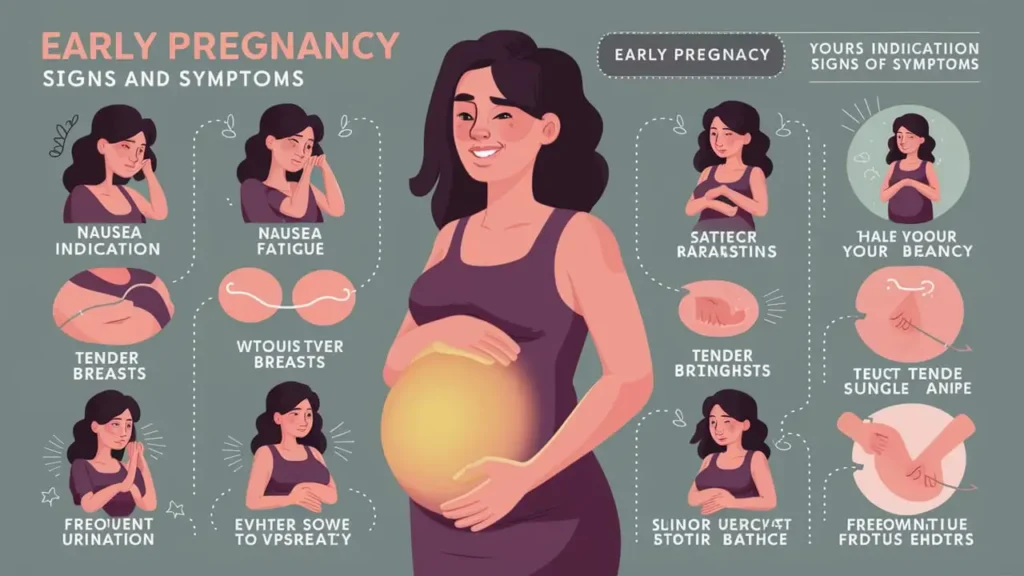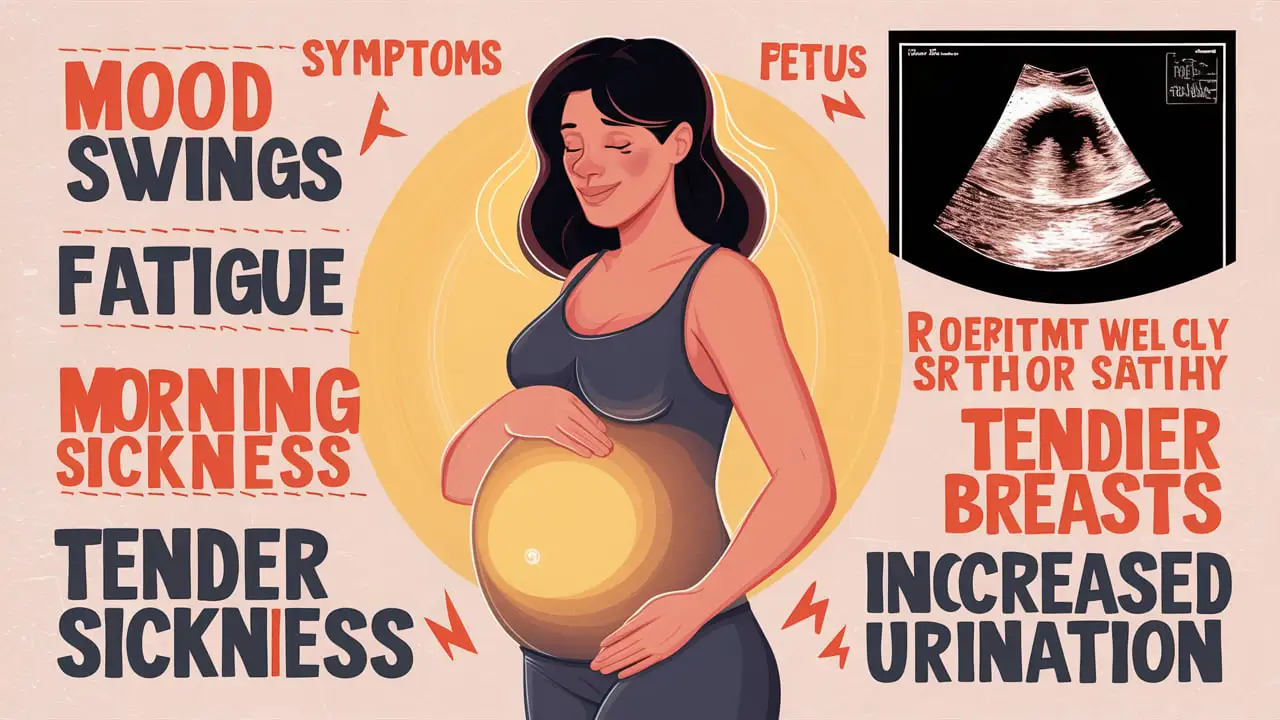Understanding Early Pregnancy Symptoms: What to Watch For Missed Periods

One of the earliest and most recognizable signs of early pregnancy is a missed period. While a delayed menstrual cycle can occasionally occur for other reasons, such as stress or hormonal imbalances, a missed period is often a key indicator of pregnancy. This absence of menstruation is typically the first signal prompting many women to consider the possibility of being pregnant.
Nausea and Vomiting
Morning sickness, a term that might be misleading as it can strike at any time of the day, commonly begins around the fourth to sixth week of early pregnancy. This phenomenon involves nausea and vomiting, which can be quite distressing. Though it usually resolves by the end of the first trimester, some women may continue to experience these symptoms well into the second trimester or even beyond.
Breast Changes
Early pregnancy also brings about significant changes in the breasts. They may become fuller, tender, and swollen. The skin around the nipples darkens, and the veins in the breasts become more prominent. These changes are a result of hormonal shifts preparing the body for breastfeeding.
Fatigue
Experiencing overwhelming tiredness is another frequent symptom of early pregnancy. This fatigue is largely due to increased progesterone levels, which support the pregnancy and slow down the metabolism. Adequate rest is crucial, and energy levels typically improve around the fourth month of pregnancy. Persistent tiredness might also be linked to anemia, often caused by iron deficiency. Incorporating iron-rich foods or supplements can help manage this condition.

Frequent Urination
From the very early stages of pregnancy, frequent urination can become a noticeable issue. This symptom results from increased body fluids, heightened kidney efficiency, and the growing uterus pressing on the bladder. It is not uncommon for this urge to urinate to start within the first few weeks of pregnancy.
Food Cravings and Aversions
Pregnancy often triggers distinctive food cravings and aversions. Many women find themselves yearning for energy and calcium-rich foods, such as dairy products, while suddenly disliking foods they previously enjoyed. Some might even experience cravings for non-food items, a condition known as ‘pica,’ which could indicate a nutritional deficiency. Consulting a GP or midwife about these cravings is advisable.
Additional Symptoms
In addition to the primary symptoms of early pregnancy, several other signs may emerge. Backache is prevalent, affecting more than a third of pregnant women due to ligament loosening and changes in posture. Breathlessness can occur as progesterone increases lung capacity, though the expanding uterus may later compress the diaphragm. Constipation, headaches, heartburn, itchy skin, and leg cramps are also common complaints. These symptoms can vary in intensity and duration and are often manageable with appropriate lifestyle adjustments and medical guidance.

When to Seek Medical Attention
It is essential to monitor your symptoms closely and seek medical advice if you experience severe or concerning signs such as vaginal bleeding, reduced fetal movement, severe stomach pain, or persistent headaches. Contacting your GP or midwife can provide reassurance and appropriate care.
Testing and Diagnosis
To confirm an early pregnancy, taking a home pregnancy test is a practical first step. If the test result is positive, further testing, such as a urine test, blood test, or ultrasound scan, may be recommended to verify the pregnancy and assess its progression.
Recognizing the symptoms of early pregnancy is crucial for timely and effective prenatal care. While many of these symptoms can be attributed to other factors, they often serve as valuable indicators of pregnancy. By staying informed and seeking medical advice when necessary, you can ensure a healthier pregnancy journey.

